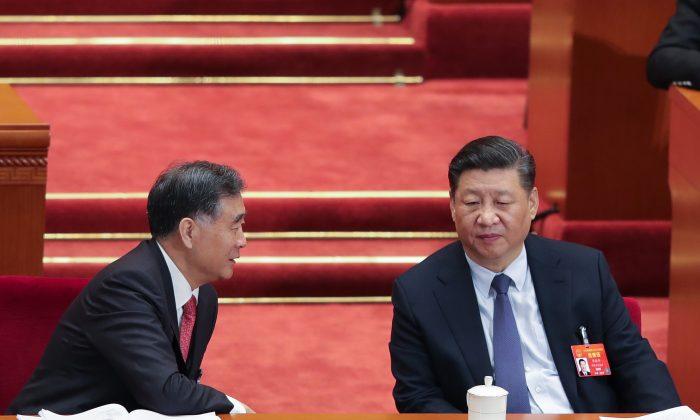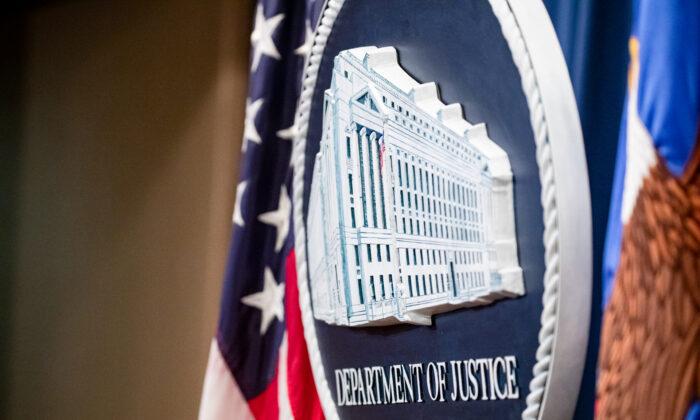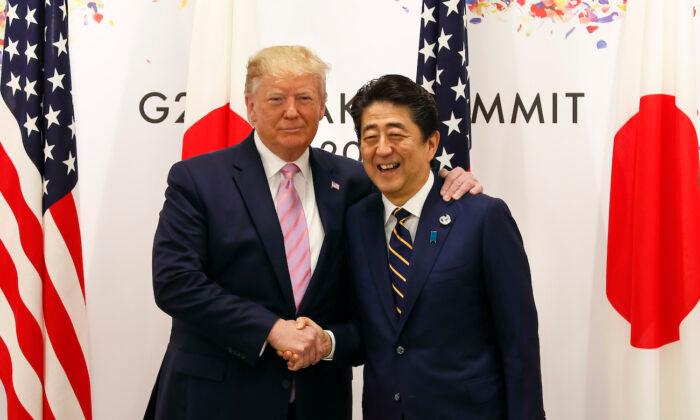It would be unrealistic for the United States to completely decouple from China, a top Chinese Communist Party (CCP) official said during a press conference on Oct. 30 following the end of a key political meeting in Beijing.
Executive deputy director of the Office of the Central Finance and Economic Commission Han Wenxiu said that China and the United States are the two largest economies in the world, so economic ties between the two countries would be beneficial.
Chen Yonglin, a former Chinese diplomat, told The Epoch Times that Beijing is sending out this message because of “its dependence on cooperation with the U.S.”
Feng Chongyi, a China expert at the University of Technology Sydney, expressed that the West, led by the United States, has essentially ended its 30 to 40 years of appeasement towards China. In the United States, policymakers are headed in the direction of decoupling from the CCP, according to Feng.
He also noted that with a worsening economic downturn, China’s growth rate will likely drop drastically. The Chinese regime thus needs all the business it can get from the United States and other markets, he said.
The U.S. administration has in recent months brought up the possibility of decoupling from China.






Friends Read Free